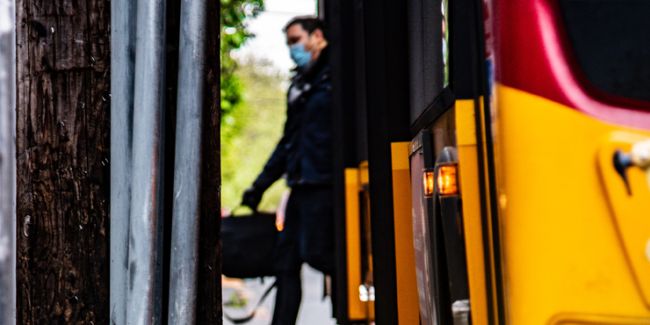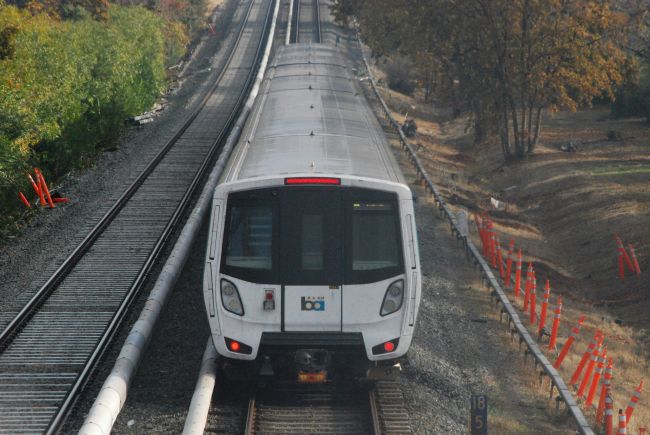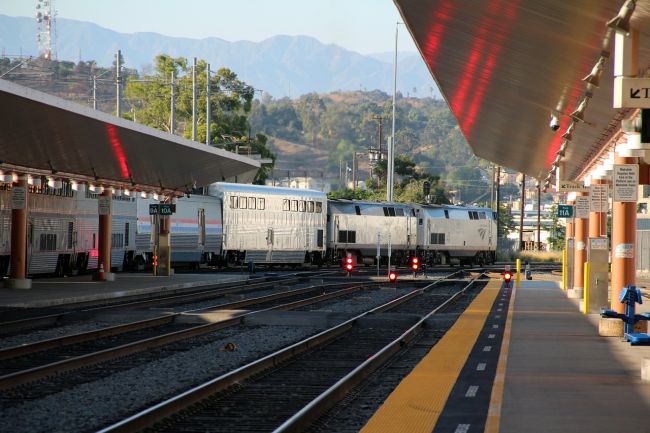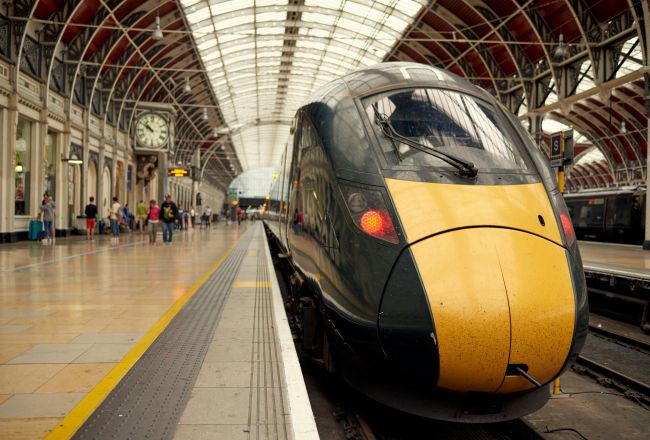The European Union Fourth Railway Package
The Fourth Railway Package is the latest set of proposals from the European Commission.
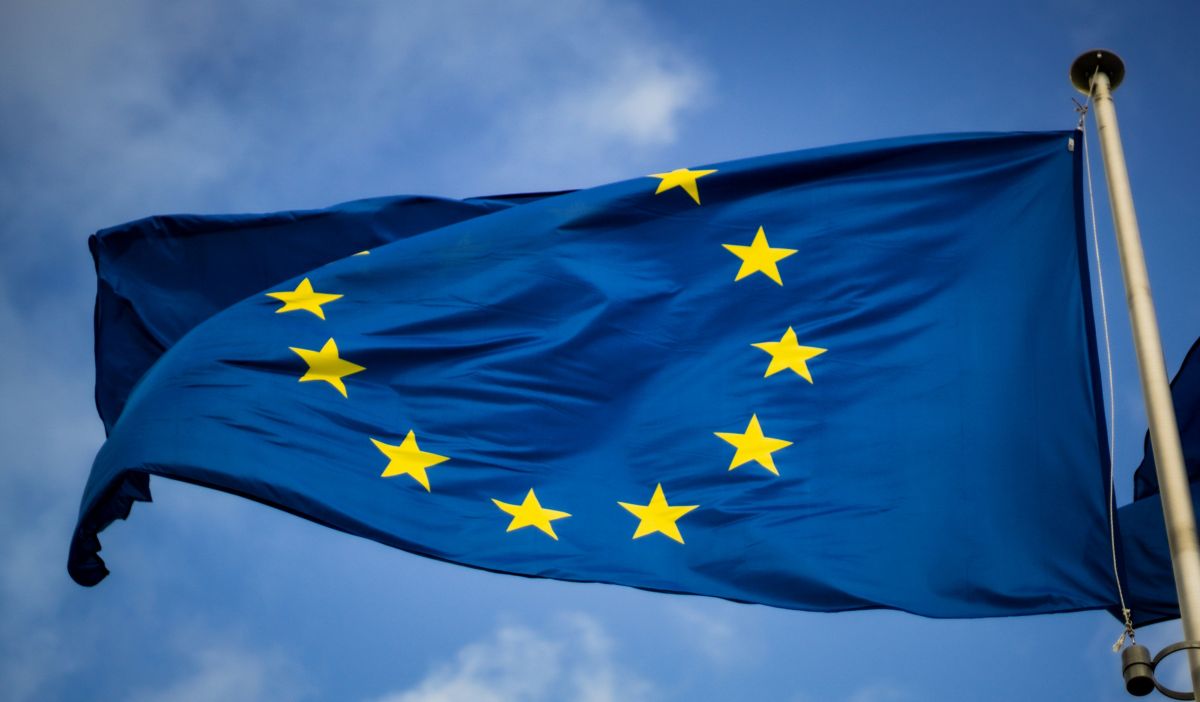
The Fourth Railway Package is the latest set of proposals from the European Commission designed to realise the single market vision in the EU rail sector.
The aim is to enable a licensed train operator providing services on one part of the European rail network to provide services on any other part. To that end, the proposed new legislation mirrors that already applied to other network industries such as gas and electricity.
The scope of the Fourth Package is wide ranging, covering rail safety, interoperability, market opening, unbundling and the development and protection of the workforce. Of these various elements, market opening and unbundling are perhaps the most controversial, not least because, according to some commentators, the proposals amount to the application across Europe of the British model of the rail industry, sometimes criticised for being unnecessarily complex and costly.
In practice, the draft legislation is very far from a blueprint of the rail sector in Great Britain. In the area of market opening, it would require competitive tendering of public service contracts by December 2019, but national operators would be free to compete for such contracts. And while measures on unbundling are intended to ensure non discriminatory access to infrastructure for any operator wishing to provide services, Member States would be permitted to retain a holding company structure, including both train operations and infrastructure management, providing these functions were separated by Chinese walls.
Contrast these arrangements with the situation in Great Britain, where there is no extant British Rail to compete for rail franchises and Network Rail is forbidden from operating train services under national legislation. In fact, the rail sector was completely redesigned at the time of privatisation with the aim of introducing competition for franchises from the outset, although open access was limited to ensure the economic integrity of franchised services. In addition, privatisation went hand in hand with the introduction of a raft of detailed contractual and regulatory mechanisms for supporting the new industry structure while preserving network benefits.
In practice, no new European legislation could or should seek to impose the British rail industry model on the rest of Europe. Individual Member States must be free to implement structural and supporting arrangements that, while they comply wih the relevant Directives and Regulations, reflect the characteristics of their own rail industries as well as their broader legal and institutional frameworks. Elements of the British model may provide useful precedents, both good and bad, from which others can learn, but if and when the Fourth Package becomes law, each country will need to respond by developing its own blueprint for a strong and successful rail sector.








